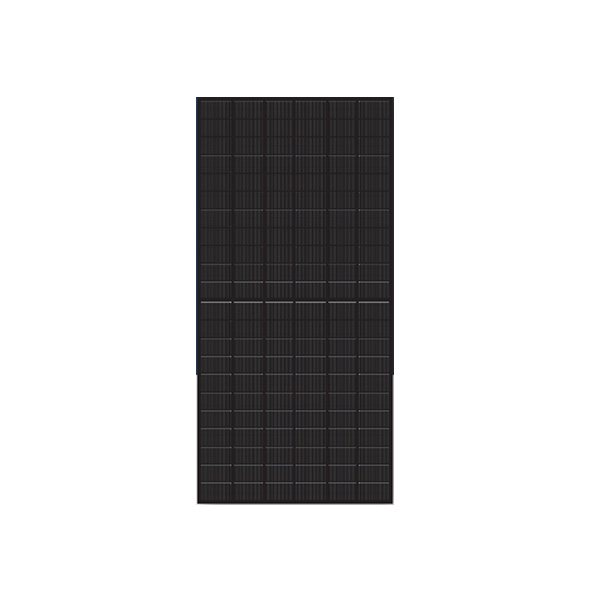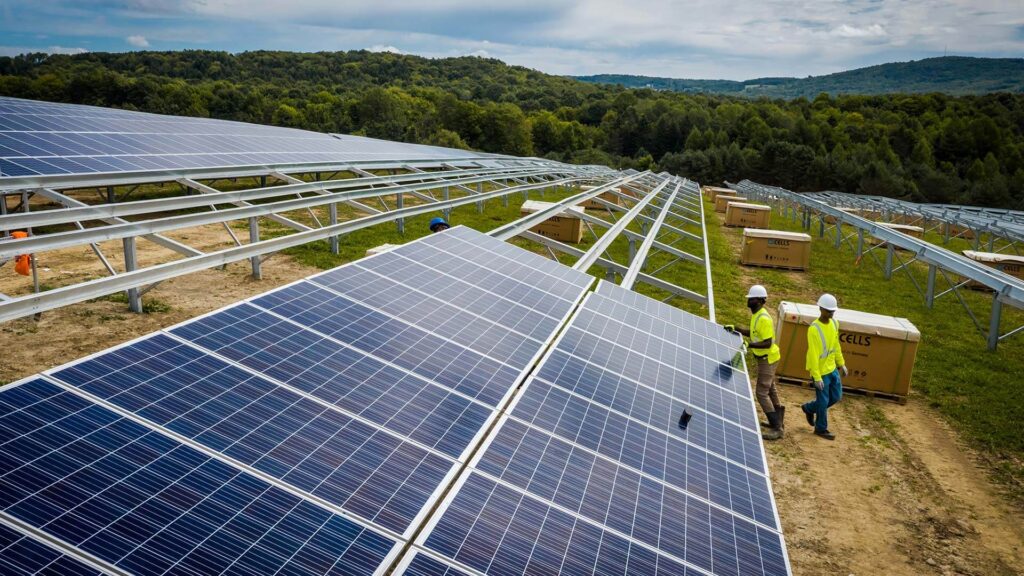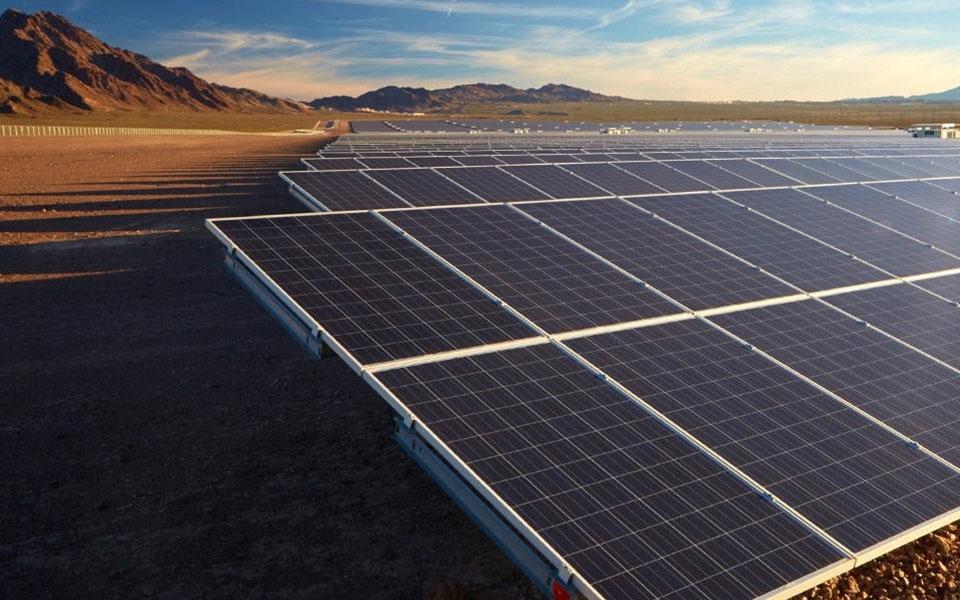- This topic is empty.
-
AuthorPosts
-
2025-06-18 at 3:29 pm #3886
As the world increasingly shifts toward sustainable energy, solar power has emerged as one of the most accessible and effective solutions for reducing our dependence on fossil fuels. At the heart of this transformation are solar panels—technological marvels that convert sunlight into clean, usable electricity.
In this article, we’ll explore howsolar panels work, the impact they have on our environment and economy, and how leading manufacturers like PRBS are driving innovation in high-quality solar energy solutions.
How Do Solar Panels Work?
At a fundamental level, solar panels work through the photovoltaic (PV) effect—a process that converts sunlight directly into electricity.
Step-by-Step Breakdown:
Sunlight Hits the Panel
When the sun shines on a solar panel, photons (light particles) strike the surface of the photovoltaic cells made primarily of silicon.
Absorption and Charge Separation
The energy from these photons is absorbed by the silicon cells, which excite electrons, knocking them loose from their atoms.
Electric Field Creates Direction
Within each PV cell is a built-in electric field that forces these free electrons to flow in a specific direction—creating an electric current.
Electricity Flow
This flow of electrons is captured by metal contacts on the top and bottom of the PV cells, generating direct current (DC) electricity.
Conversion to AC
The DC electricity is then routed through an inverter, which converts it into alternating current (AC) electricity—the type used by most homes and businesses.
Power Usage or Storage
The electricity can be used immediately, sent back to the grid, or stored in battery systems for later use.

Why Solar Panels Matter
1. Clean and Renewable Energy
Unlike fossil fuels, solar energy is renewable, non-polluting, and abundant. Every kilowatt-hour (kWh) of solar energy produced helps reduce greenhouse gas emissions and air pollutants.
2. Lower Energy Bills
By generating your own electricity, you can significantly reduce monthly utility costs. In many regions, excess energy can be sold back to the grid, offering additional savings.
3. Energy Independence
Solar systems provide greater energy security by reducing reliance on volatile fuel markets and centralized power infrastructure.
4. Minimal Maintenance
With no moving parts, solar panels are durable and require very little maintenance, offering reliable performance over 25+ years.
5. Economic Growth & Job Creation
The solar industry supports millions of jobs worldwide and encourages local manufacturing and installation services, bolstering regional economies.
PRBS: Excellence in Solar Panel Manufacturing
As the global demand for sustainable energy continues to rise, the need for reliable, high-performance solar panels is more critical than ever. PRBS stands out as a professional manufacturer dedicated to producing high-quality solar panels that meet the needs of both residential and commercial applications.

Why Choose PRBS Solar Panels?
✅ Advanced PV Technology: PRBS utilizes the latest in monocrystalline and polycrystalline cell technology to ensure high efficiency and stable energy output.
✅ Rigorous Quality Control: Every panel undergoes extensive testing to meet international performance and safety standards, including IEC, CE, and TUV certifications.
✅ Durability and Longevity: PRBS panels are designed to withstand harsh weather conditions—hail, wind, heat, and snow—for decades of consistent use.
✅ Custom Solutions: Whether for rooftop installations, solar farms, or off-grid systems, PRBS offers tailored solar panel solutions for a variety of energy needs.
✅ Commitment to Sustainability: PRBS integrates eco-conscious manufacturing practices, reducing waste and carbon footprint throughout the production cycle.
With years of experience and a dedication to excellence, PRBS is not only a supplier but a partner in powering a greener future.

Real-World Applications of Solar Panels
Homes: Reduce or eliminate electric bills while increasing property value.
Businesses: Offset energy costs and meet sustainability goals.
Remote Areas: Provide electricity in off-grid locations and developing regions.
Agriculture: Power irrigation systems, greenhouses, and monitoring equipment.
Transportation: Support electric vehicle charging and smart grid infrastructure.

Conclusion
Solar panels are more than just an alternative energy source—they are a pathway to a cleaner, more sustainable world. With their ability to generate reliable electricity from sunlight, they play a vital role in addressing climate change, lowering energy costs, and creating a decentralized, resilient energy future.
Manufacturers like PRBS are at the forefront of this transformation, delivering high-quality, efficient, and dependable solar panels that empower individuals, businesses, and communities to harness the power of the sun.
Whether you’re considering solar for your home, business, or next big project, understanding how solar panels work—and why they matter—is the first step toward a brighter, greener future.
Frequently Asked Questions (FAQs)
Q1: How long do PRBS solar panels last?
A1: PRBS solar panels are designed to last 25 years or more with minimal performance degradation over time.
Q2: Do solar panels work on cloudy days?
A2: Yes, while output is reduced, solar panels still generate electricity from diffuse sunlight on cloudy or overcast days.
Q3: Can I use PRBS panels for off-grid systems?
A3: Absolutely. PRBS provides customized solutions for both on-grid and off-grid solar applications, including energy storage integration.
Q4: Are solar panels environmentally friendly to produce?
A4: PRBS follows sustainable manufacturing practices to minimize environmental impact, including recycling programs and energy-efficient production methods.
Key Features and Functions of Flexible Solar Panels You Should Know
-
AuthorPosts
- You must be logged in to reply to this topic.